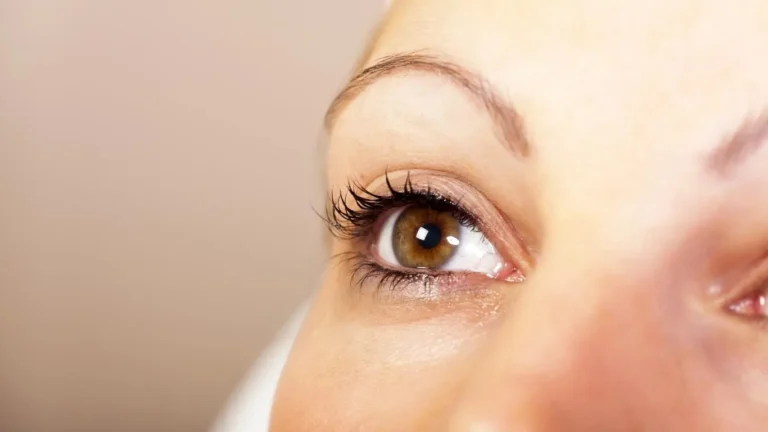Rheumatoid Arthritis and Depression: The Hidden Struggle You Can Overcome
Rheumatoid arthritis (RA) is already a battle on its own. The stiffness, the swelling, the relentless fatigue—it’s enough to test even the strongest among us. But what many don’t realize is that RA doesn’t just attack the joints. It can creep into the mind, taking a serious toll on mental health. Studies have shown a significant link between rheumatoid arthritis and its connection to depression, yet it remains an overlooked aspect of this chronic disease.
As someone who has spent years treating and supporting patients with RA, I’ve seen firsthand how the emotional burden of this condition can weigh just as heavily as the physical pain. You’re not imagining things if you feel like your RA flares bring more than just physical discomfort—they can bring emotional lows too. Let’s talk about why that happens and what we can do about it.
The Hidden Connection Between RA and Depression
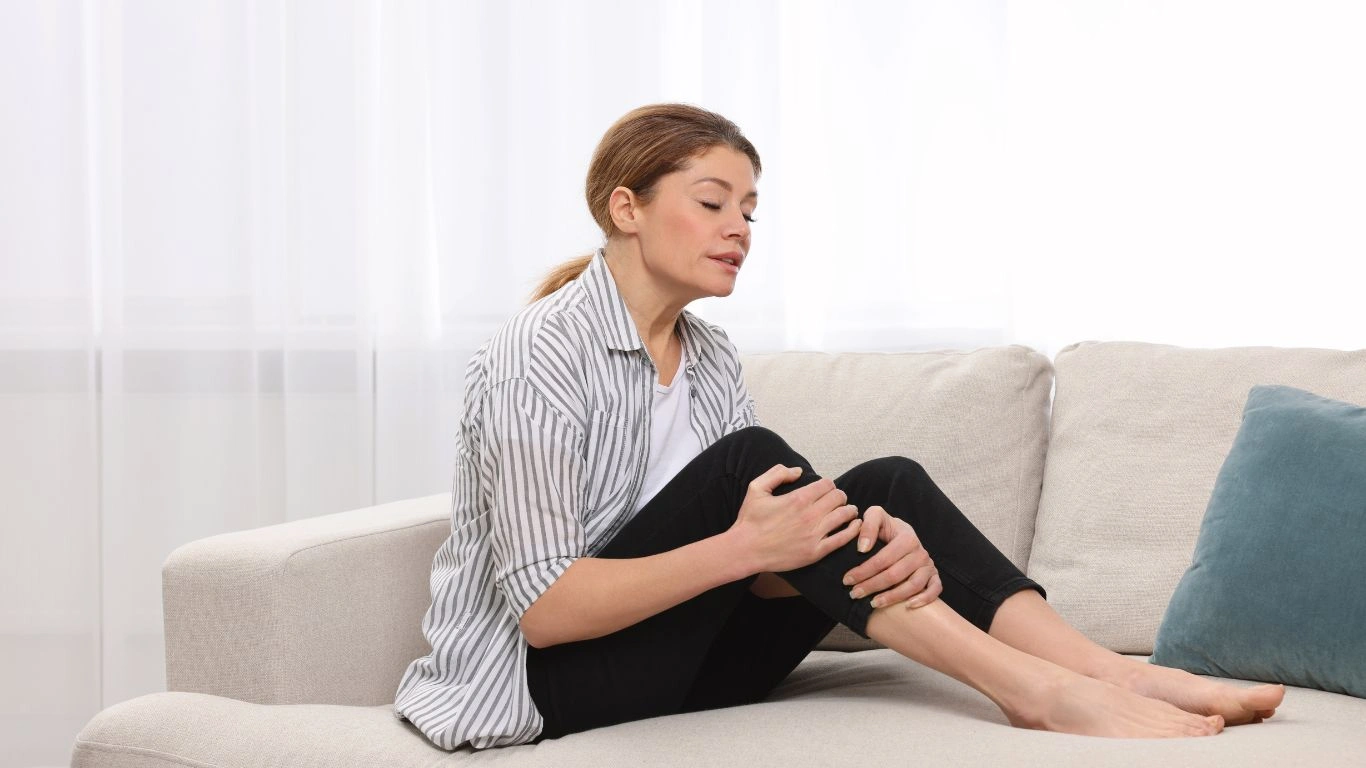
There’s a reason why so many people with rheumatoid arthritis also experience symptoms of depression. In fact, research suggests that up to 40% of people with RA struggle with depression at some point. But why? What makes these two conditions so closely linked?
Chronic Pain Takes an Emotional Toll
Anyone who has lived with RA knows that chronic pain is more than just a physical sensation. It can be mentally exhausting. Waking up every day not knowing whether you’ll be able to button your shirt or walk without discomfort can take a serious emotional toll. Over time, this unpredictable cycle of pain and relief can lead to feelings of hopelessness, frustration, and eventually, depression.
Inflammation Affects the Brain Too
Here’s something that might surprise you: The same inflammatory processes that attack your joints in RA can also affect your brain chemistry. Studies have shown that chronic inflammation is linked to depression, likely due to the way it disrupts neurotransmitters like serotonin and dopamine—two key players in mood regulation.
Fatigue and Sleep Disturbances
RA doesn’t just bring pain—it brings fatigue, and not just the “I need a nap” kind. This is the bone-deep, soul-draining exhaustion that makes even simple tasks feel impossible. Combine that with the sleep disturbances that often come with RA, and you have the perfect recipe for mental burnout and emotional distress.
Recognizing the Signs: Is It More Than Just a Bad Day?
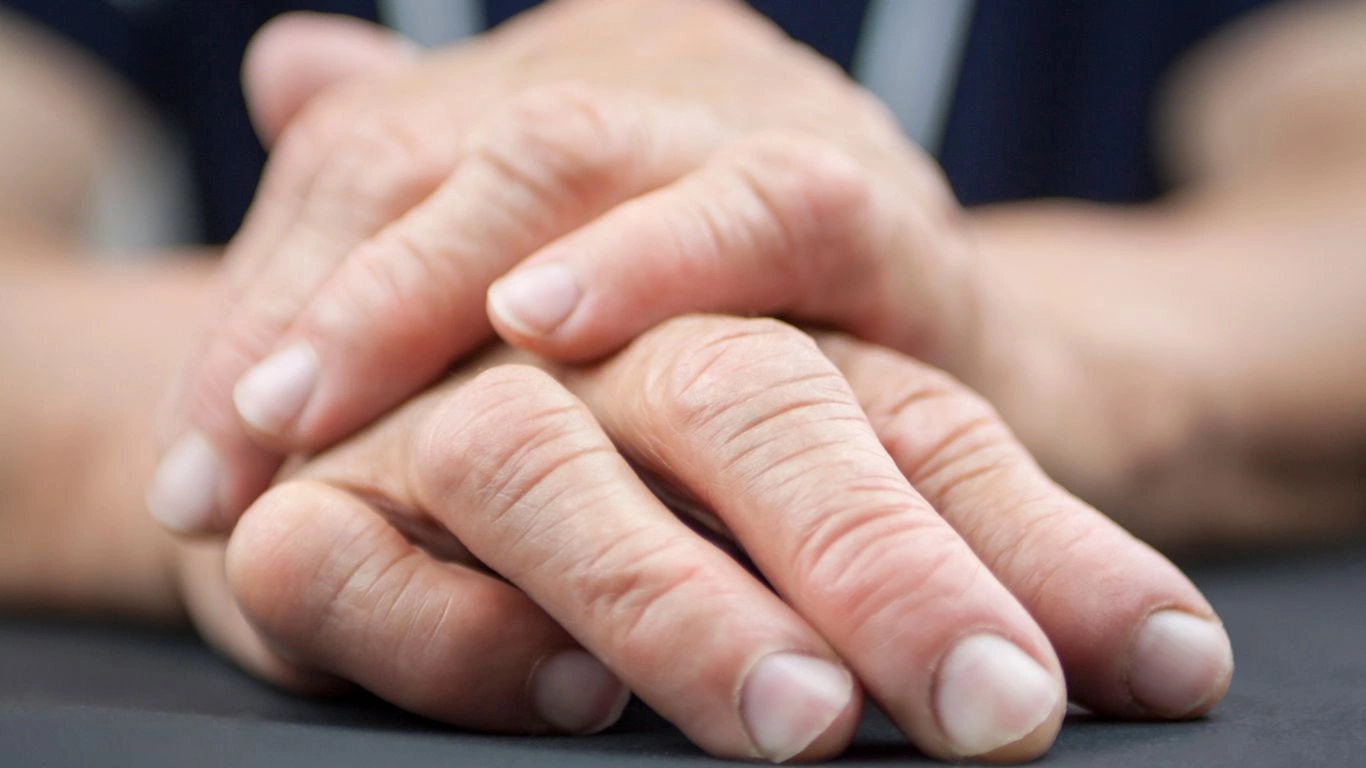
We all have tough days, but when does normal frustration turn into something more serious? Many people with RA brush off their feelings, thinking, “Of course I’m tired and sad—I’m dealing with a lot!” But recognizing when depression is creeping in can be the first step in getting the right support.
- Persistent feelings of sadness, hopelessness, or emptiness
- Loss of interest in activities you once enjoyed
- Extreme fatigue that goes beyond just physical tiredness
- Difficulty concentrating or making decisions
- Changes in appetite or sleep patterns
- Feelings of worthlessness or guilt
If you’re nodding along to several of these symptoms, it might be time to take a step back and assess whether your mental health needs attention too.
Why This Matters: The Vicious Cycle of RA and Depression
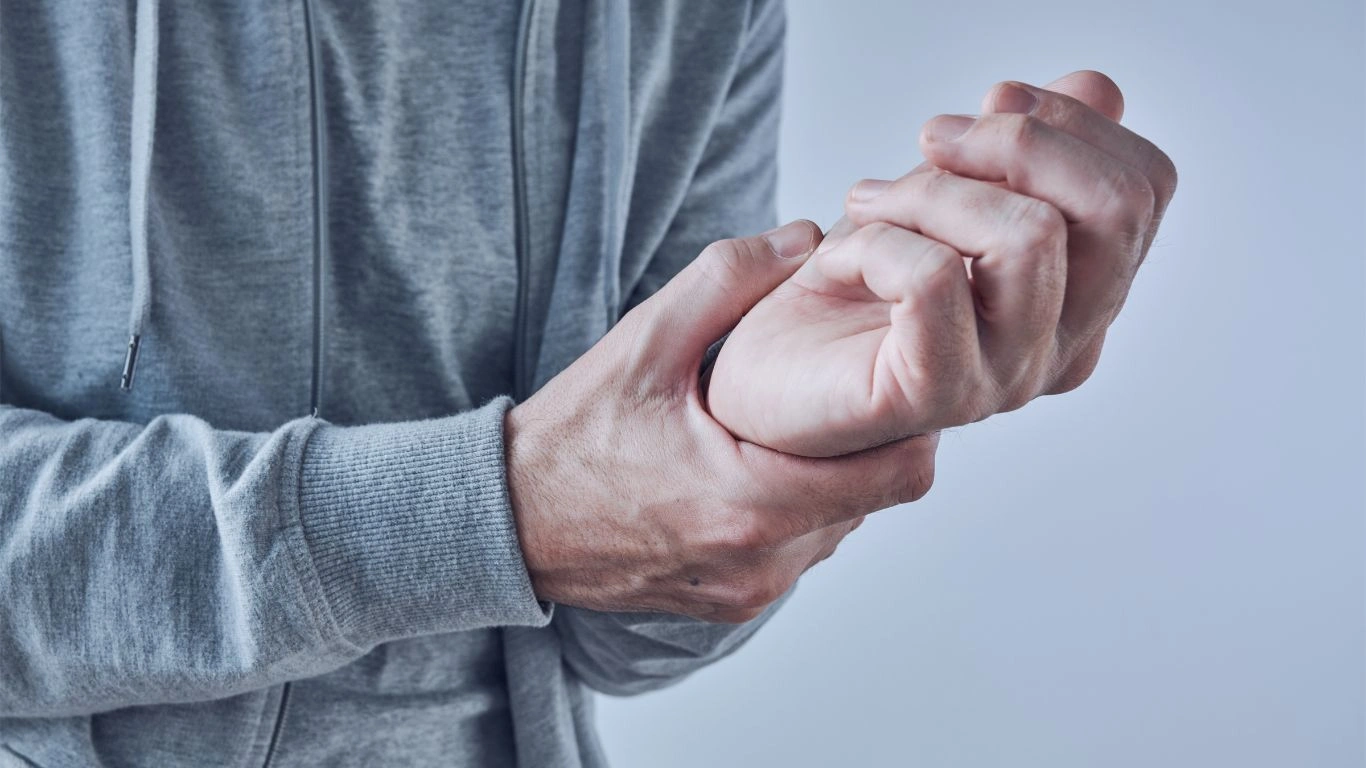
RA and depression can create a vicious cycle. The pain and fatigue from RA contribute to depression, and in turn, depression makes it harder to manage RA symptoms. When you’re feeling low, it’s tougher to stick to your treatment plan, maintain a healthy lifestyle, or even reach out for the help you need. And unfortunately, this can lead to worsening RA symptoms, creating a downward spiral.
How Mental Health Impacts Physical Health
Here’s something we don’t talk about enough: Your mental health directly impacts your physical health. Studies suggest that people with both RA and depression may experience more severe symptoms, faster disease progression, and a lower quality of life. In other words, depression isn’t just a side effect—it can actively make RA worse.
Breaking the Cycle
The good news? This cycle can be broken. With the right combination of medical care, lifestyle adjustments, and mental health support, you can regain control over both your physical and emotional well-being. I’ve seen patients who once felt completely overwhelmed by their RA and depression find ways to manage both successfully. It’s not easy, but it’s absolutely possible.
How to Manage Both RA and Depression: A Holistic Approach
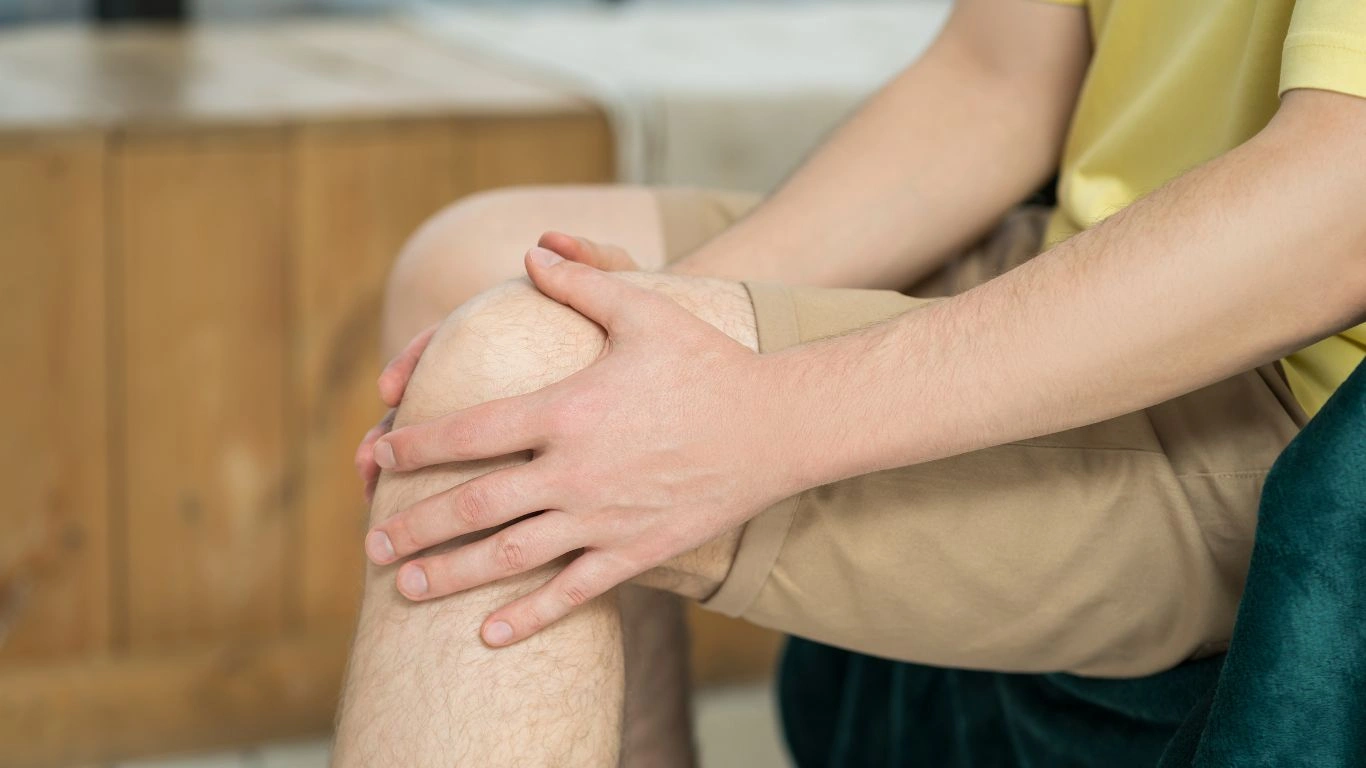
If you’ve made it this far, you already know that rheumatoid arthritis and depression go hand in hand more often than we’d like to admit. The good news? You’re not powerless against it. Managing both conditions requires a holistic approach—one that targets not just the pain in your joints but also the heaviness in your heart.
1. Get the Right Medical Support
First things first: You don’t have to battle this alone. Your healthcare provider should be your partner in this journey. If you’re struggling with depression, talk to your doctor about it. Rheumatologists focus on your joints, but they also understand the mental health challenges that come with chronic illness. They might refer you to a mental health professional who specializes in chronic pain conditions.
Here’s what a well-rounded treatment plan might include:
- Medication Adjustments: If your RA meds aren’t managing your symptoms well, talk to your doctor about possible changes. Poorly controlled pain can worsen depression.
- Antidepressants: In some cases, medication can help regulate mood, especially when depression is interfering with daily life.
- Cognitive Behavioral Therapy (CBT): This type of therapy helps reframe negative thought patterns and is highly effective for both chronic pain and depression.
2. Movement: The Natural Mood Booster
I know what you’re thinking: “Move? When my joints feel like they’re on fire?” Trust me, I get it. But gentle movement—tailored to your body’s needs—can be one of the most powerful ways to fight both RA and depression.
Studies show that regular, low-impact exercise helps reduce inflammation, boost mood-boosting endorphins, and improve sleep quality. Here are a few movement-friendly options:
- Yoga: Helps with flexibility, relaxation, and stress relief.
- Swimming: A great low-impact option that eases joint pressure.
- Walking: Even short, slow walks can help improve circulation and mood.
Start small, listen to your body, and find movement that feels good for you.
The Power of Nutrition: Food as Medicine
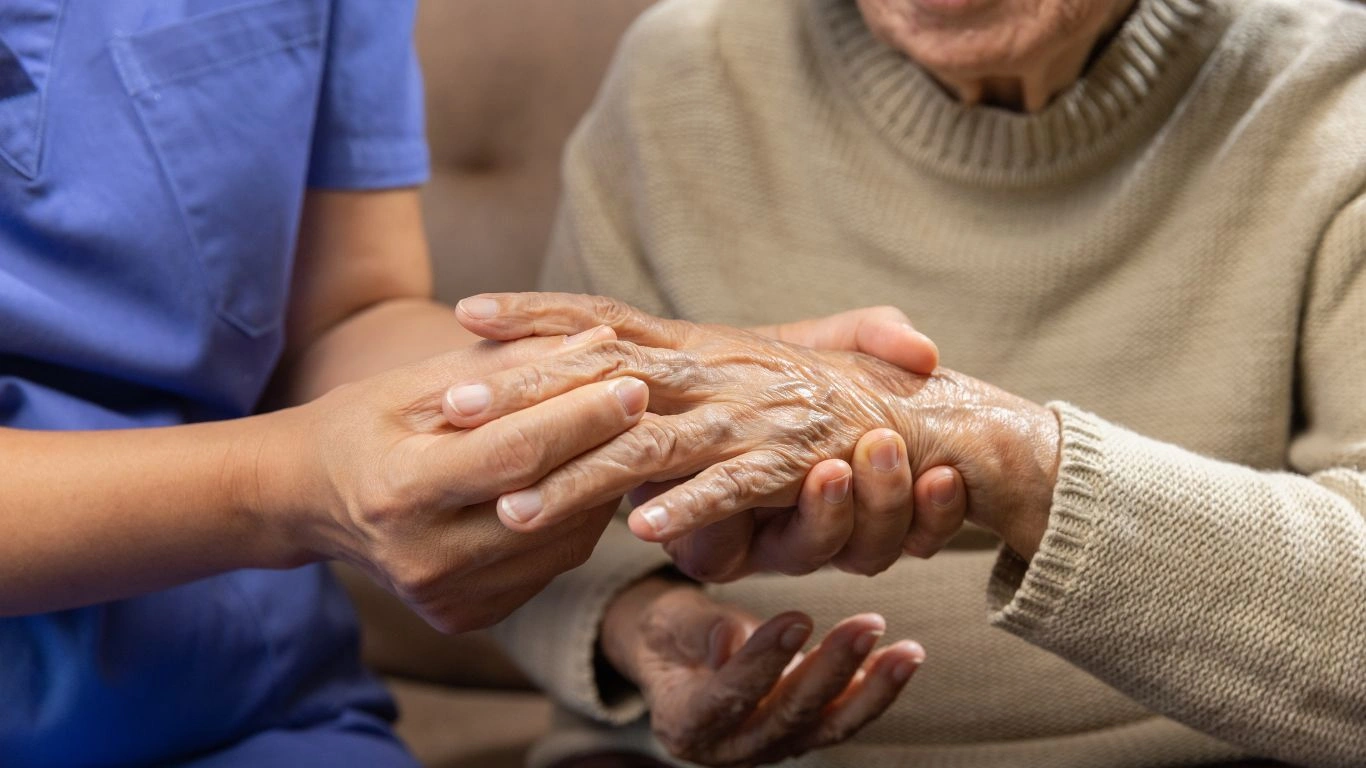
What we eat plays a huge role in how we feel—both physically and emotionally. If your diet is packed with processed foods, sugars, and inflammatory oils, it could be making both your RA symptoms and mood swings worse.
Anti-Inflammatory Foods for Joint and Mental Health
Focusing on whole, nutrient-dense foods can help calm inflammation and support brain health. Try adding more of these into your diet:
- Fatty fish (salmon, mackerel, sardines): Rich in omega-3s, which help fight inflammation and support brain function.
- Leafy greens (spinach, kale, Swiss chard): Packed with antioxidants that combat oxidative stress.
- Berries (blueberries, strawberries, blackberries): Full of flavonoids that promote brain health.
- Turmeric: Contains curcumin, a powerful anti-inflammatory compound.
- Nuts and seeds (almonds, walnuts, flaxseeds): Great for heart and brain health.
What to Avoid
Just as some foods help, others can make things worse. Try cutting back on:
- Processed sugars: Can trigger inflammation and energy crashes.
- Refined carbs (white bread, pastries): Spike blood sugar levels and contribute to mood swings.
- Alcohol: Can interfere with sleep and medication effectiveness.
Nourishing your body with the right foods can make a real difference—not just in your RA symptoms, but in how you feel emotionally.
Building a Support System: You’re Not Alone
One of the toughest parts of dealing with both RA and depression is the feeling of isolation. It’s easy to withdraw when you’re not feeling your best, but staying connected is key.
Finding Your Community
Support can come in many forms:
- Online forums and groups: Connecting with others who understand what you’re going through can be incredibly validating.
- Local arthritis support groups: Many cities have in-person meetups for people with RA.
- Therapy or counseling: Talking to a professional can help you process emotions and develop coping strategies.
- Friends and family: Sometimes, loved ones want to help but don’t know how. Let them in.
Setting Boundaries and Asking for Help
It’s okay to ask for help. Whether it’s delegating tasks at work, asking a family member to pick up groceries, or just letting a friend know you need a listening ear—lean on those who care about you.
At the same time, setting boundaries is just as important. If certain people or situations add stress to your life, it’s okay to say no. Protecting your mental and emotional energy is part of self-care.
Final Thoughts: Taking Small Steps Toward Better Health
Living with both RA and depression can feel overwhelming, but the key is taking small, manageable steps toward better health. Focus on what you can control—your treatment plan, your movement, your nutrition, and your support system.
You are not alone in this. There are ways to improve your quality of life and regain a sense of normalcy. If you’re feeling stuck, reach out—whether it’s to your doctor, a friend, or a support group. Help is out there, and healing is possible.
Case Studies & Real-Life Examples

Sometimes, the best way to understand the link between rheumatoid arthritis and depression is through real-life experiences. Over the years, I’ve had the privilege of working with many individuals who have faced this dual challenge head-on. Let me share a couple of stories that may resonate with you.
Case Study 1: Emily’s Journey to Emotional and Physical Relief
Emily, a 42-year-old teacher, was diagnosed with RA at 35. She described feeling like she was “fighting an invisible battle” every day. The physical pain was one thing, but the overwhelming fatigue and feelings of isolation took an even bigger toll. Her depression worsened as she struggled to keep up with work and daily tasks.
After finally reaching out for help, Emily’s rheumatologist adjusted her medication to better control inflammation. At the same time, she started therapy for depression, focusing on cognitive behavioral techniques. She also incorporated gentle yoga and an anti-inflammatory diet into her routine. Within months, she felt a shift—not just physically, but mentally. “For the first time in years, I feel like I have a sense of control again,” she shared.
Case Study 2: Mark’s Battle with Denial and Acceptance
Mark, a retired firefighter, was diagnosed with RA at 50. For years, he ignored his depression, brushing it off as just “being tired.” But as his symptoms worsened, so did his emotional state. He withdrew from friends, lost interest in hobbies, and struggled to find motivation.
After much encouragement from his family, Mark joined an RA support group. Talking with others who understood his struggles was a turning point. He also worked with a mental health professional specializing in chronic illness. Over time, he found that small changes—daily walks, meditation, and journaling—made a big impact. “It’s not just about treating the body,” he said. “Your mind needs healing too.”
Key Takeaways: What You Need to Remember
Before we wrap things up, here are some key points to take away:
- RA and depression often go hand in hand. If you’re experiencing symptoms of depression, know that you’re not alone.
- Inflammation affects both physical and mental health. Managing RA effectively can also improve your emotional well-being.
- Movement and nutrition matter. Gentle exercise and an anti-inflammatory diet can help combat both RA symptoms and depression.
- Seeking support is a sign of strength. Whether through therapy, support groups, or loved ones, connection is key.
- Small steps lead to big changes. Start with manageable lifestyle adjustments and build from there.
FAQs
Here are some common questions people ask about the connection between rheumatoid arthritis and depression.
1. Can RA cause depression, or is it just a coincidence?
RA and depression are closely linked due to chronic pain, inflammation, fatigue, and emotional stress. Studies show that people with RA are more likely to develop depression compared to those without it.
2. What are some early signs of depression in people with RA?
Look out for persistent sadness, loss of interest in activities, overwhelming fatigue, trouble sleeping, and feelings of hopelessness. If these symptoms persist, it’s important to seek help.
3. Can treating RA improve depression symptoms?
Yes! When RA symptoms are well-managed, many people find that their mental health improves too. Effective pain management, lifestyle changes, and therapy can make a significant difference.
4. What are some quick stress-relief techniques for people with RA?
Try deep breathing exercises, guided meditation, warm baths, or gentle stretching. Even small moments of relaxation can help lower stress levels.
Bonus: Additional Resources & DIY Tips
Want to dive deeper into managing RA and depression? Here are some helpful resources:
- Arthritis Foundation – Provides support, research, and resources for managing RA.
- National Alliance on Mental Illness (NAMI) – Mental health support and education.
- National Library of Medicine – Research studies on RA and mental health.
DIY Self-Care Tips
These simple habits can help improve your daily life:
- Start a gratitude journal. Writing down small wins can help shift your mindset.
- Try aromatherapy. Essential oils like lavender and peppermint can help with relaxation.
- Use heat therapy. Heating pads and warm baths can soothe stiff joints and provide comfort.
- Practice mindfulness. Even five minutes of deep breathing can reduce stress.
Appendix: References, Disclaimer & Call to Action
References
For further reading, check out these scientific studies and expert sources:
- Chronic Inflammation and Its Link to Depression
- American College of Rheumatology – Resources on managing RA.
- Psychology Today – Articles on mental health and chronic illness.
Disclaimer
The information in this article is for educational purposes only and should not be considered medical advice. Always consult your healthcare provider for diagnosis and treatment.
Call to Action
If this article resonated with you, don’t keep it to yourself! Share it with someone who might need it. And if you’re struggling, please reach out—whether it’s to a doctor, a loved one, or a support group. You deserve support, and you are not alone.

Tarra Nugroho is a dedicated Nurse Practitioner with a strong foundation in family and preventive care. She brings both compassion and clinical expertise to her practice, focusing on patient-centered care and health education. As a contributor to Healthusias.com, Tarra translates medical knowledge into clear, empowering articles on topics like women’s health, chronic disease management, and lifestyle medicine. Her mission is simple: help people feel seen, heard, and informed—both in the clinic and through the content she creates. When she’s not caring for patients, Tarra enjoys weekend hikes, plant-based cooking, and curling up with a good health podcast.



